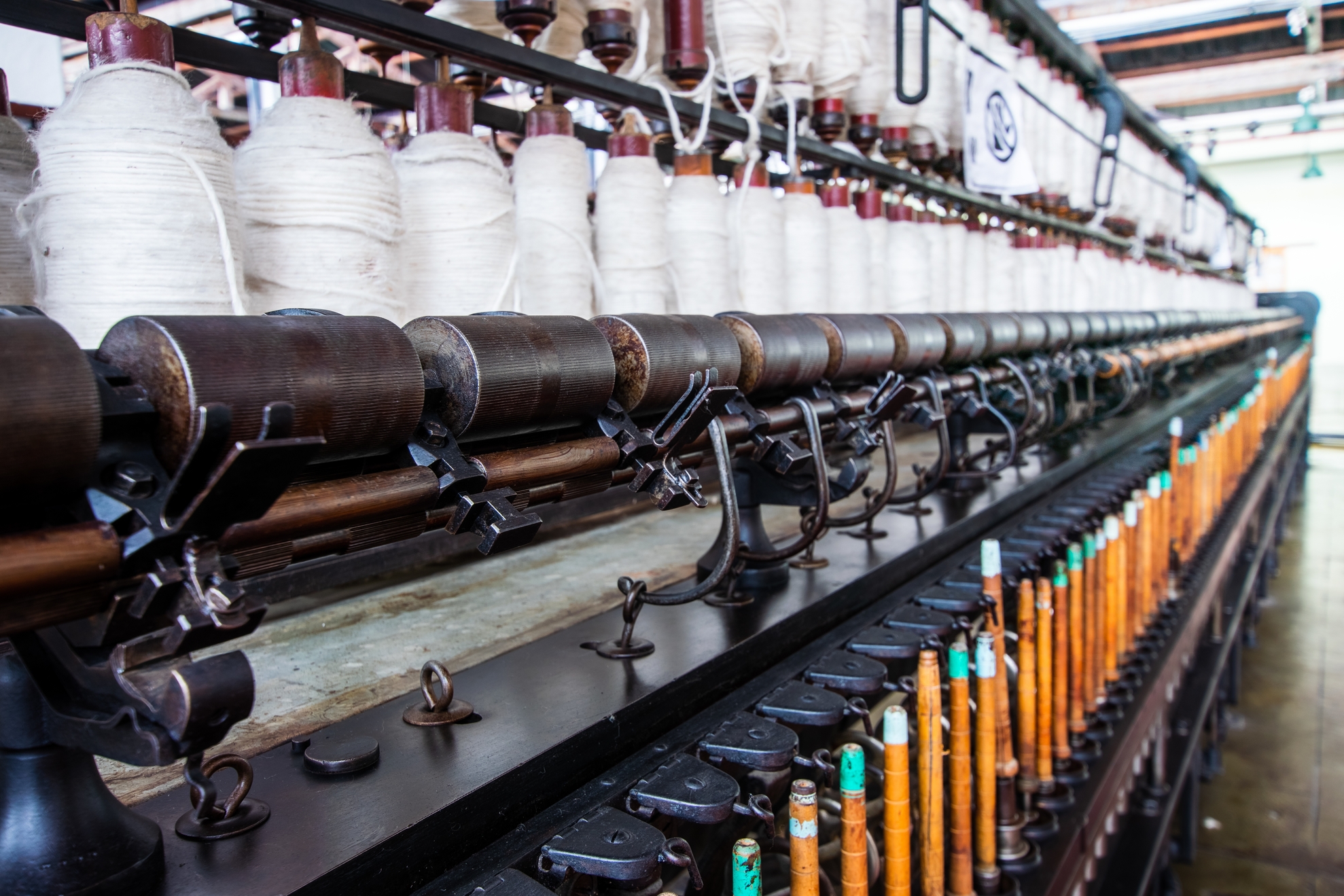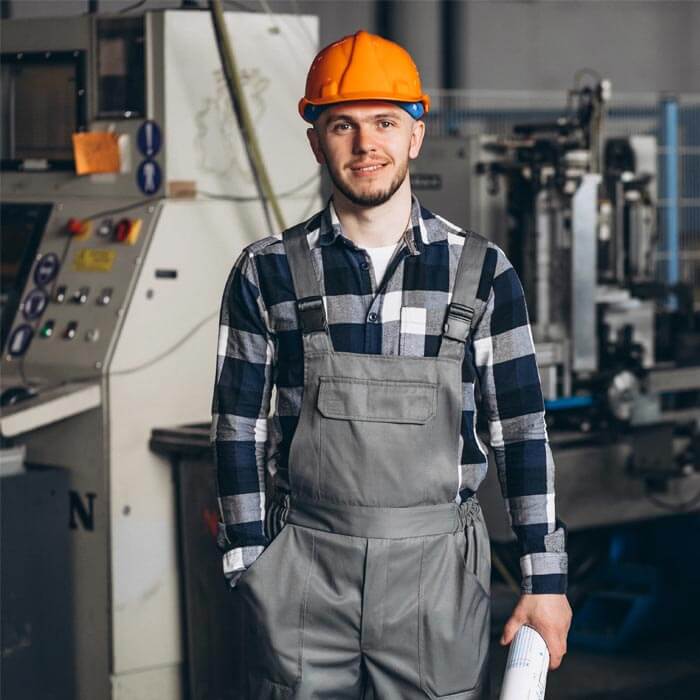The textile industry is at a crucial crossroads, having to balance production efficiency with sustainability and cost reduction.
The introduction of automation in textiles offers a promising solution. Advanced technologies not only speed up processes but also improve the quality of finished products, while reducing waste and operating costs.
In this article, we will explore in detail how automation is becoming a key factor for companies in this sector that want to remain competitive in the market and how we at Alexander & Giovanelli can help you and your company.
Automation and cost reduction: why choose process automation in the textile industry
In the increasingly competitive world of textiles, automation is emerging as a crucial solution to reduce operating costs and increase efficiency. With the advent of advanced technologies, textile companies can leverage robotics and automated systems to optimise their production processes. This move not only ensures greater consistency and quality of finished products, but also significantly reduces material and resource waste, which is essential to maintain sustainability in a resource-intensive industry.
Operational efficiency and waste reduction
The introduction of automation in the textile industry has led to a significant increase in operational efficiency, directly affecting waste reduction. Through the use of advanced machinery and integrated management software, companies are now able to precisely monitor and control raw material consumption and energy use. This meticulous control makes it possible to minimise production waste and optimise work cycles, resulting in significant cost savings. The adoption of automated textile cutting technology, for example, minimises fabric wasted during cutting, maximising the use of each metre of material.
Impact on labour costs
Automation also has a profound impact on labour costs in the textile industry. With the introduction of automated machines that can operate continuously for more hours, the need for labour intensive work is significantly reduced.
This not only lowers workers’ direct wage costs, but also increases the overall efficiency of production. The mechanisation of repetitive and physically onerous tasks also improves working conditions, decreasing the incidence of occupational accidents.
However, it is essential that textile companies address these transitions with retraining plans for workers, ensuring that the workforce can adapt to the new technological demands.
Why choose to automate production processes: challenges and considerations in adopting automation
When adopting automation in the textile industry, companies face many challenges and considerations. Despite the clear benefits in terms of cost reduction and increased productivity, the integration of advanced technologies is not without its obstacles, such as the presence of financial, technical and organisational barriers that can complicate the transition to more automated processes.
Barriers during the implementation of new production processes
The main barriers that can be seen during the implementation of automation in textiles are mainly related to the cost and complexity of the technologies. The purchase and installation of new machinery requires a significant initial investment, which can be prohibitive for small and medium-sized companies. The need to train personnel to handle the new technologies adds a further layer of complexity and cost, making the adoption of automation a decision that requires a well-structured strategy.
Social and employment impact: what this automation entails
The adoption of automation in the textile sector also brings with it important social and employment implications. While the reduction of direct labour may appear to be an economic benefit, it also raises questions regarding the impact on employment opportunities for individuals. Mechanisation may lead to a reduction in manual jobs, shifting the demand for skills towards more technical and specialised profiles. This change may cause a temporary dislocation of workers, who may find it difficult to retrain or adapt to new roles.
Therefore, it is crucial that textile companies engaged in automation take proactive measures to train and re-train their employees.
Advantages of Automation in the Textile Industry: How we work at Alexander & Giovanelli
Alexander & Giovanelli, a well-established company in the textile industry, is committed to the design, manufacture and supply of machinery for weaving preparation and logistical organisation.
With a history dating back to 1917, our Italian company has perfected the integration of the most advanced technologies with traditional production techniques, making its systems a benchmark for efficiency and reliability. Through long-term partnerships based on trust and transparency, Alexander & Giovanelli not only provides high-quality equipment, but also offers customised textile production solutions that meet the specific needs of each customer. This approach enables companies to maintain a high level of competitiveness in a rapidly changing global market, while ensuring constant support and impeccable maintenance of the equipment supplied.
Click here and discover now all the proposals that we at Alexander & Giovanelli offer our customers every day.


